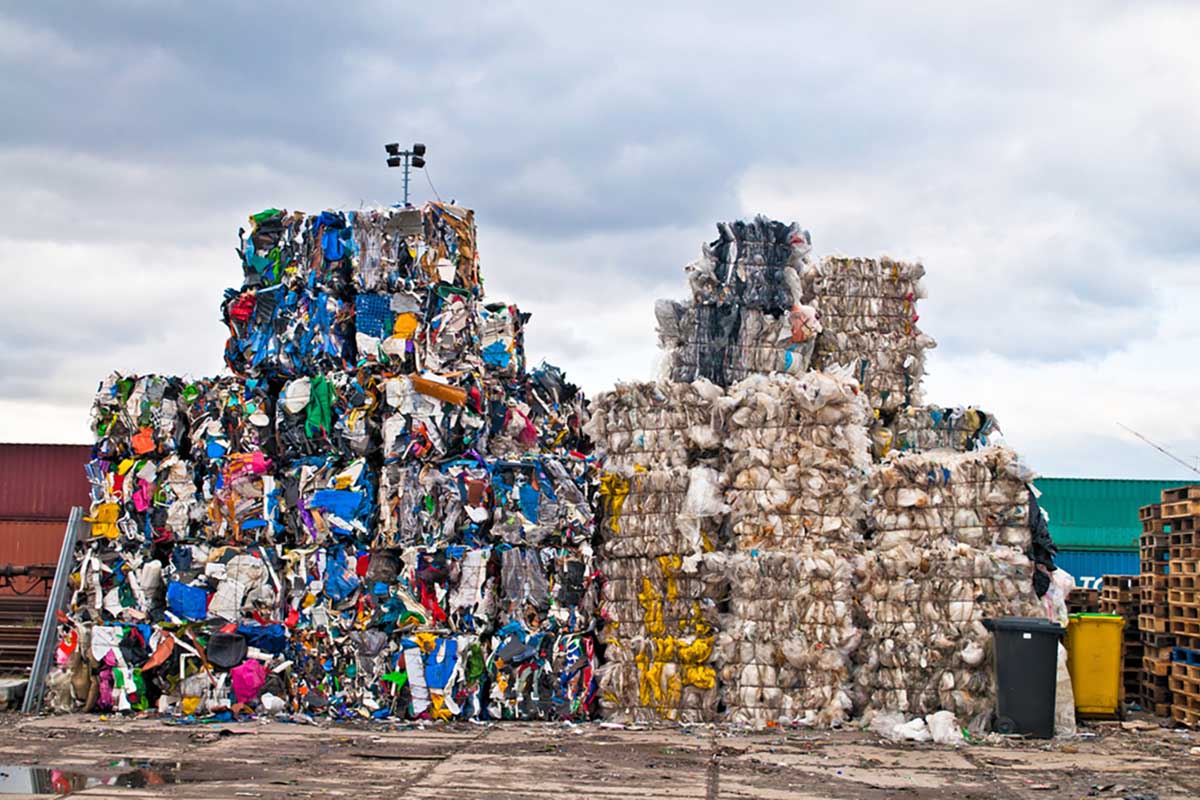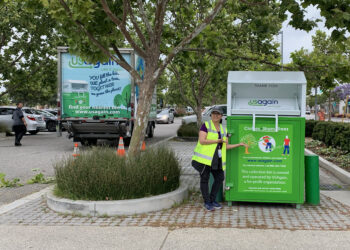Using insights from an AI-generated tool, a team of University of California researchers estimated that implementing four policies globally could reduce mismanaged plastic by 91%.
Those policies are implementing mandates requiring that new products be made with 40% PCR, capping virgin plastic production at 2020 levels, investing $50 billion in plastic waste management including landfills and collection services, and implementing a “small fee” on plastic packaging.
The study, “Pathways to reduce global plastic waste mismanagement and greenhouse gas emissions by 2050,” comes from researchers at the University of California Berkeley and the University of California Santa Barbara. The researchers said in a press release that they hope it will be useful to negotiators at the fifth round of United Nation meetings on a global plastic pollution treaty, which will start Nov. 25 in Busan, South Korea.
“This is it. These upcoming negotiations in Busan are our one chance to come together as a planet and fix this problem,” said Douglas McCauley, a professor at UC Santa Barbara and an adjunct professor at UC Berkeley. “One of the most exciting discoveries in this research is that it is actually possible to nearly end plastic pollution with this Treaty. I’m cautiously optimistic, but we can’t squander this once-in-a-lifetime opportunity.”
The study provides policymakers with “a novel tool that isn’t prescriptive,” said Nivedita Biyani, a researcher on global plastic modeling at the Benioff Ocean Science Laboratory at UC Santa Barbara. “They can combine various policies as they see fit.”
Overall, the study modeled eight possible treaty policies and found that the four highlighted changes together had the greatest impact. The other four options were investing $100 billion into recycling infrastructure, setting a recycling rate mandate, mandating a reduction in single-use packaging and implementing a packaging reuse mandate.
“We recognize that there are many other important policies being considered for inclusion in the treaty,” the researchers noted in the study, including extended producer responsibility. But “many candidate treaty actions cannot be tested in this particular analytical framework.”





























